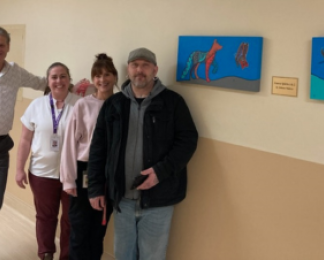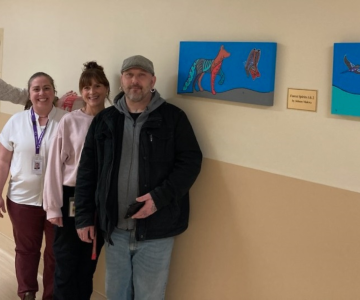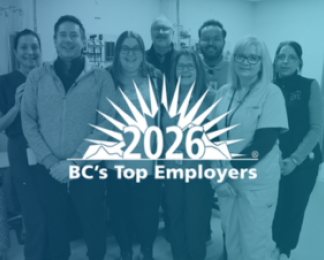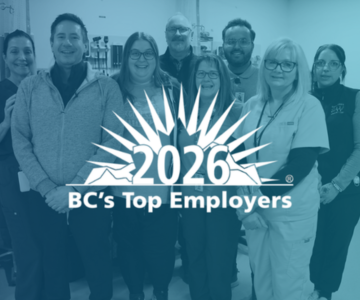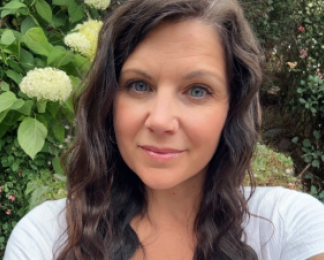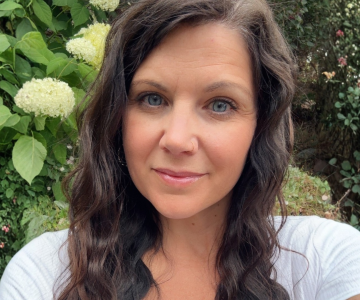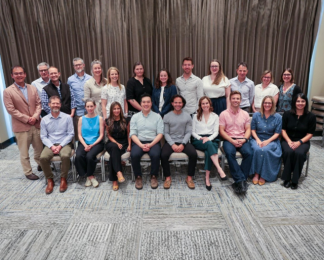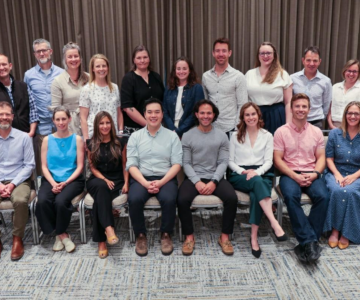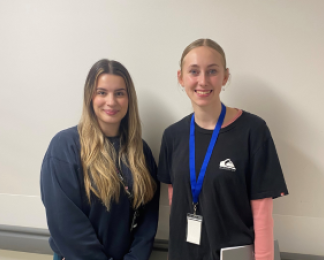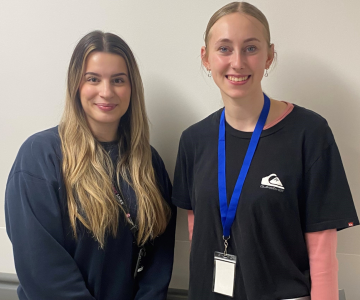Rural Continuing Medical Education (RCME) Community Program
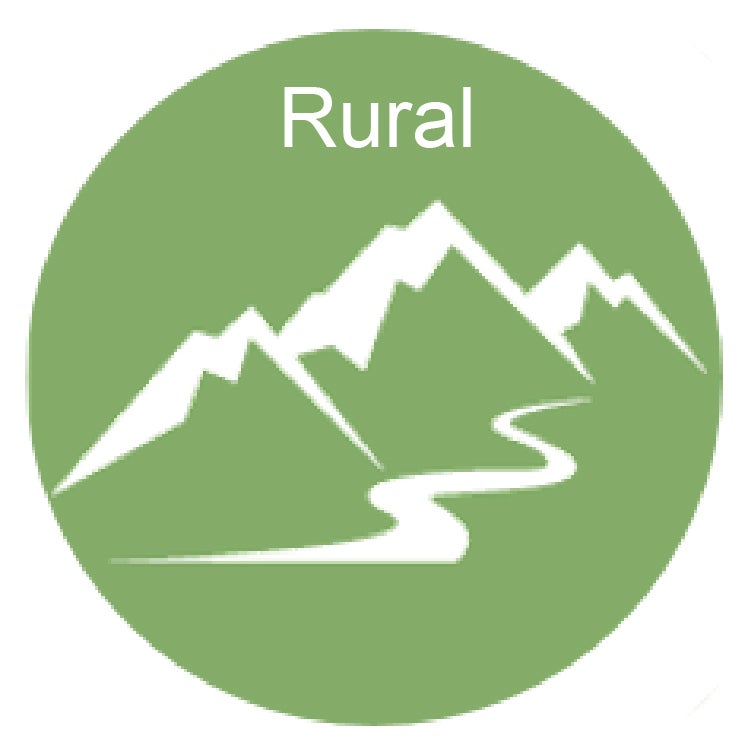
The Rural Continuing Medical Education (RCME) Community Program funds groups of physicians living and delivering care in eligible Rural Practice Subsidiary Agreement (RSA) communities to address their collective learning needs. The program aims to improve the capacity of local health-care systems to address the needs of the community by giving physicians more control over collective learning activities, reducing the challenges of accessing funds, and improving relationships among health system partners.
The RCME Community Program includes generalists, specialists and allied health partners in CME activity to encourage inter-professional learning.
Each RSA community in the program receives funding to support the collective learning needs of the community of physicians, rather than individual physicians. Individual RCME funding is also directly provided to all rural physicians to facilitate their individual learning needs.
For more information, please visit the RCME Community Program website
If you would like to know what’s available to your community or have any other questions, please contact:
Nicole Hochleitner | Liaison, RCME Community Program, Interior
nicole.hochleitner@interiorhealth.ca, or 250-256-9158


